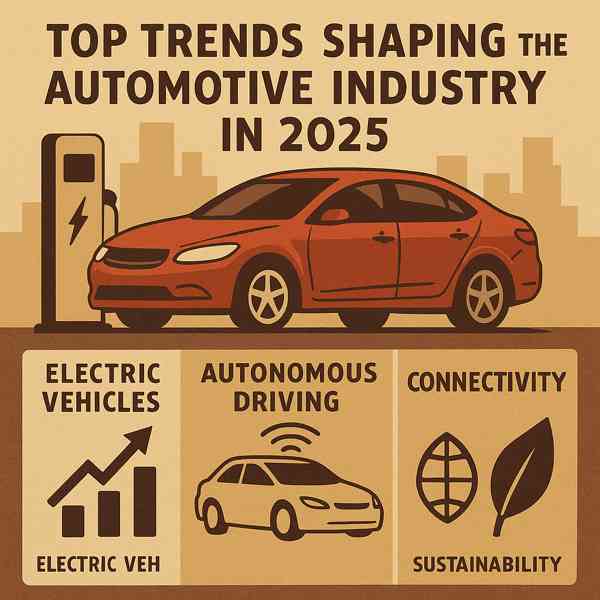Your Guide to Electric Vehicles
Your Guide to Electric Vehicles
Blog Article

Electric vehicles (EVs) are transforming the way we think about transportation.
As battery technology improves and infrastructure expands, owning an electric vehicle has never been more appealing.
What Are Electric Vehicles?
Unlike gasoline-powered cars, EVs produce zero tailpipe emissions.
Main elements of an electric vehicle:
- Drives the wheels using electricity
- Usually lithium-ion or solid-state
- Controls efficiency and output
- Charging system
Electric vehicles come in various types, such as plug-in hybrids (PHEVs)—each with different levels of electrification.
Why Choose an EV?
The rise of electric vehicles is fueled by their numerous benefits.
Major benefits include:
- Reduced maintenance needs
- Helps fight climate change
- Less noise and vibration
- Financial perks for EV buyers
For eco-conscious and cost-aware drivers, electric vehicles are an increasingly forward-thinking choice.
Limitations to Consider
Despite the growing popularity of EVs, they still face some barriers that buyers should consider.
Common concerns website include:
- Limited driving range
- Longer trips need planning
- Though often offset by long-term savings
- Batteries degrade over time
As technology advances and infrastructure improves, many of these challenges are becoming easier to manage.
Types of Electric Vehicles
EVs vary by power source, range, and usage.
EV formats explained:
- Fully electric with no gas engine
- Plug-in Hybrid Electric Vehicles (PHEVs)
- Self-charges through regenerative braking
- Fuel Cell Electric Vehicles (FCEVs)
Each type has its pros and cons, so buyers should choose accordingly.
Understanding Charging Options
There are multiple charging levels and methods depending on your daily usage.
Main EV charging options include:
- Standard household outlet
- Faster and ideal for daily use
- DC Fast Charging
- Charging without cables
As public charging networks expand, EV owners will enjoy even more accessibility and peace of mind.
The Future of Electric Vehicles
As governments push for cleaner energy and manufacturers invest in innovation, the future of EVs looks revolutionary.
Trends shaping the future include:
- Solid-state battery technology
- Using EVs to support the power grid
- The future of hands-free travel
- Expansion of affordable EV models
As innovation continues, EVs will become more mainstream and essential.
Final Thoughts on Electric Vehicles
With growing demand and continuous improvement, EVs are becoming a realistic option for more drivers every day.
The future is electric—are you ready to plug in?
Report this page